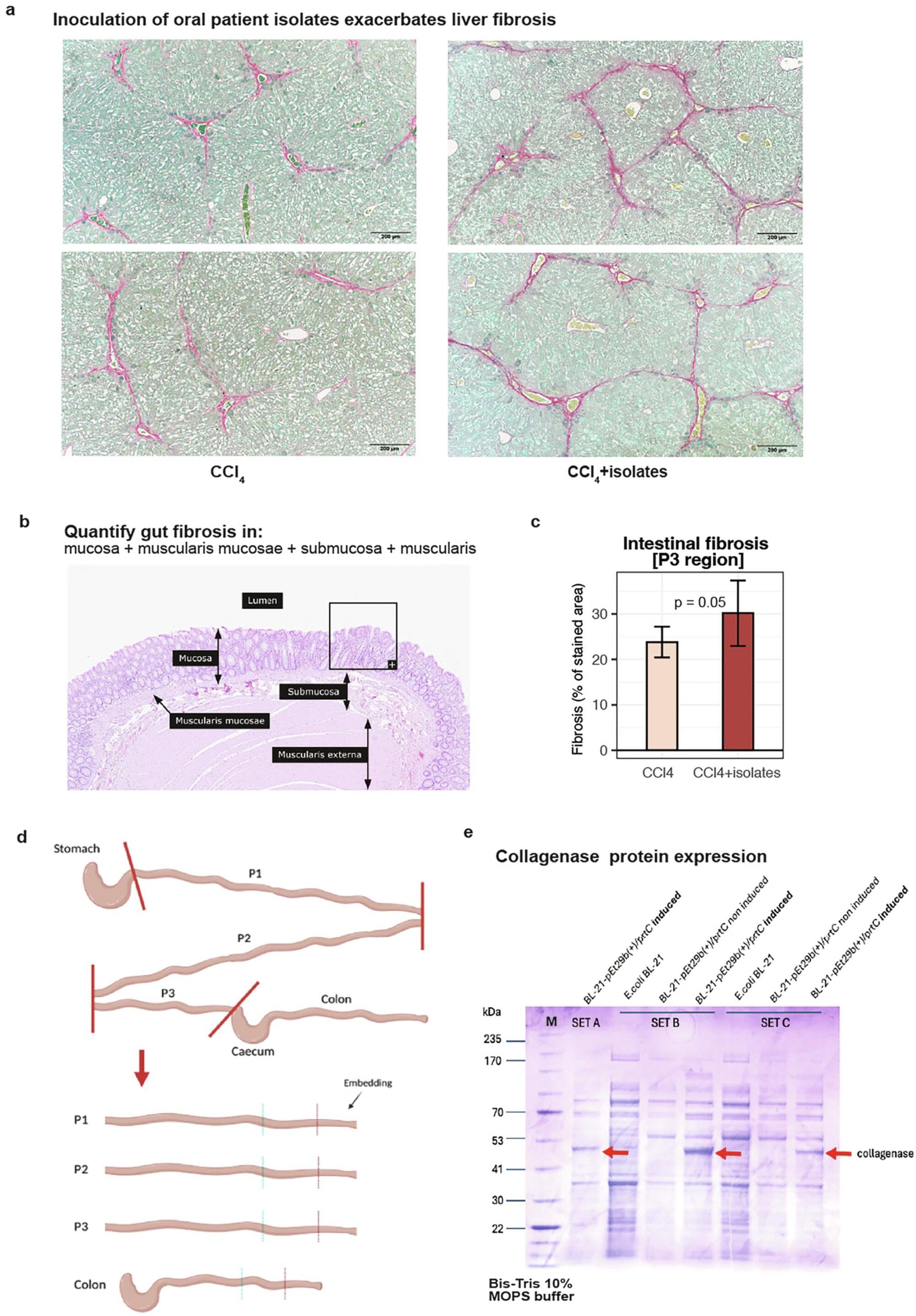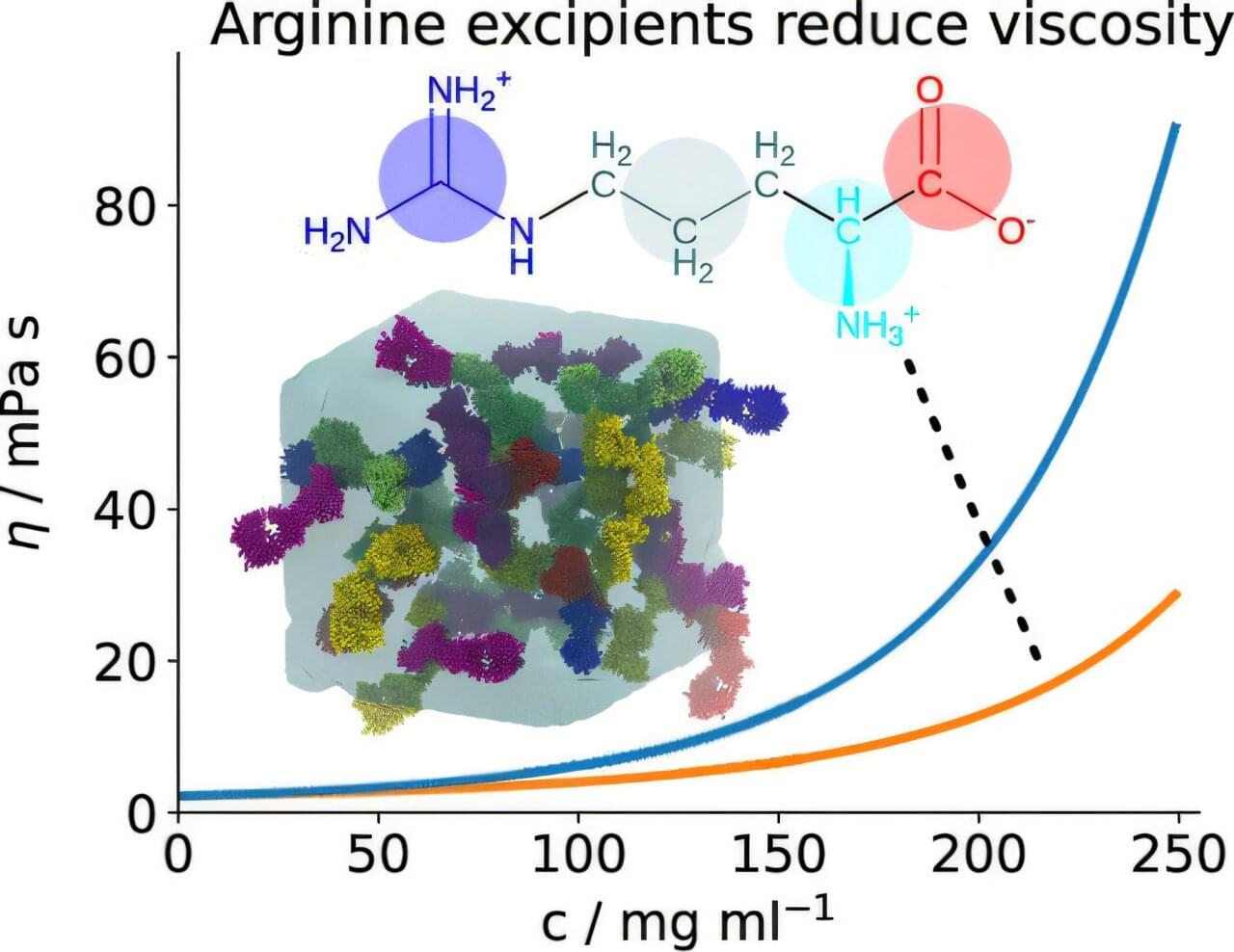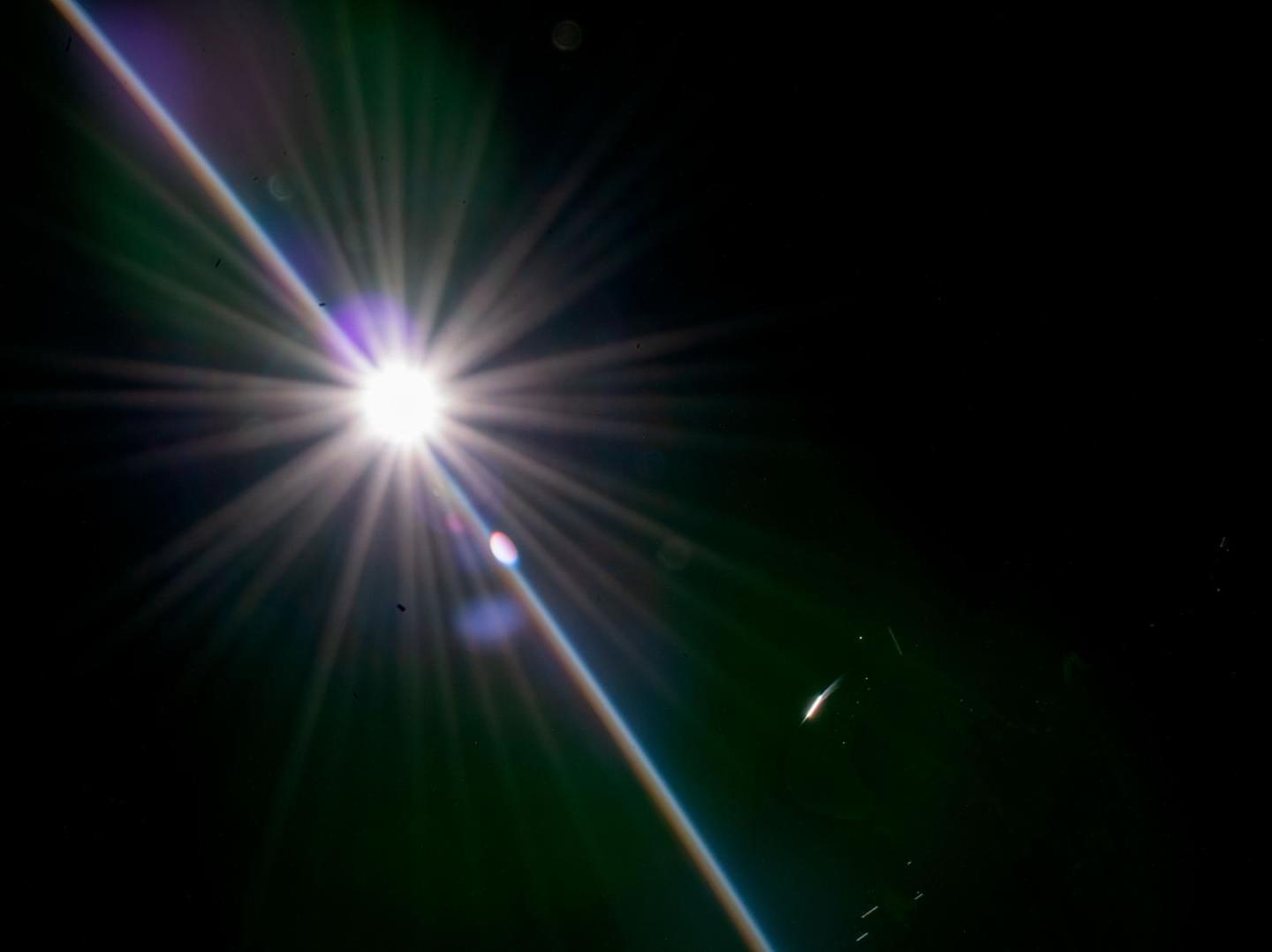Over the holidays, some strange signals started emanating from the pulsating, energetic blob of X users who set the agenda in AI. OpenAI co-founder Andrej Karpathy, who coined the term “vibe coding” but had recently minimized AI programming as helpful but unremarkable “slop,” was suddenly talking about how he’d “never felt this much behind as a programmer” and tweeting in wonder about feeling like he was using a “powerful alien tool.” Others users traded it’s so overs and we’re so backs, wondering aloud if software engineering had just been “solved” or was “done,” as recently anticipated by some industry leaders. An engineer at Google wrote of a competitor’s tool, “I’m not joking and this isn’t funny,” describing how it replicated a year of her team’s work “in an hour.” She was talking about Claude Code. Everyone was.
The broad adoption of AI tools has been strange and unevenly distributed. As general-purpose search, advice, and text-generation tools, they’re in wide use. Across many workplaces, managers and employees alike have struggled a bit more to figure out how to deploy them productively or to align their interests (we can reasonably speculate that in many sectors, employees are getting more productivity out of unsanctioned, gray-area AI use than they are through their workplace’s official tools). The clearest exception to this, however, is programming.
In 2023, it was already clear that LLMs had the potential to dramatically change how software gets made, and coding-assistance tools were some of the first tools companies found reason to pay for. In 2026, the AI-assisted future of programming is rapidly coming into view. The practice of writing code, as Karpathy puts it, has moved up to another “layer of abstraction,” where a great deal of old tasks can be managed in plain English and writing software with the help of AI tools amounts to mastering “agents, subagents, their prompts, contexts, memory, modes, permissions, tools, plugins, skills, hooks, MCP, LSP, slash commands, workflows, [and] IDE integrations” —which is a long way of saying that, soon, it might not involve actually writing much code at all.







